Why do Catholics believe the bread and wine at Mass become the Body and Blood of Christ?
In First Corinthians 11:27, Saint Paul says those who "eat the bread or drink the cup of the Lord in an unworthy manner will be guilty of profaning the body and blood of the Lord." How can the unworthy eating and drinking of ordinary bread and wine be called "profaning the body and blood of the Lord"?
The Eucharist is cannibalism.
No, because we do not eat the Body and Blood of the Lord in a cannibalistic way, but in a sacramental way. The crowd in John 6 thought the same thing, which is why Jesus said in John 6:63, "It is the spirit that gives life, the flesh is of no avail; the words that I have spoken to you are spirit and life." Cannibalism is the destruction of the body through eating. The Holy Eucharist is a way of entering into a spiritual union with Christ through eating, becoming one flesh and blood with Him. We cannot understand this through the intellect alone, unenlightened by the Spirit.
Read more about the Holy Eucharist in the Catechism of the Catholic Church.
If Catholics believe the Eucharist is a sacrifice, does this also mean they believe Jesus dies again at every Mass? This would go against the Bible which says, "He died unto sin once" (Rom. 6:10).
Jesus does not die again at Mass. God, who is outside of time, brings the once-for-all-sacrifice of His Son forward through time and re-presents it to the faithful allowing us to enter into it in a real way. This is why Revelation calls Jesus the Lamb slain "before the foundation of the world" (13:8).
John 6:63 says, "It is the spirit that quickeneth; the flesh profiteth nothing: the words that I speak unto you are spirit, and they are life." This proves Jesus was speaking symbolically about eating His Flesh and drinking His Blood.
When He says "the flesh profits nothing," He cannot mean His Flesh, otherwise His death on the Cross would have profited nothing. He means carnal or worldly thinking as opposed to spiritual thinking (cf. 1 Cor. 2:14-3:3). Only one enlightened by the Spirit can understand the real meaning of His words. Also, "spirit and life" doesn't mean His words were to be taken symbolically. Spiritual doesn't mean symbolic. Jesus has a spiritual body, but His body is real.
